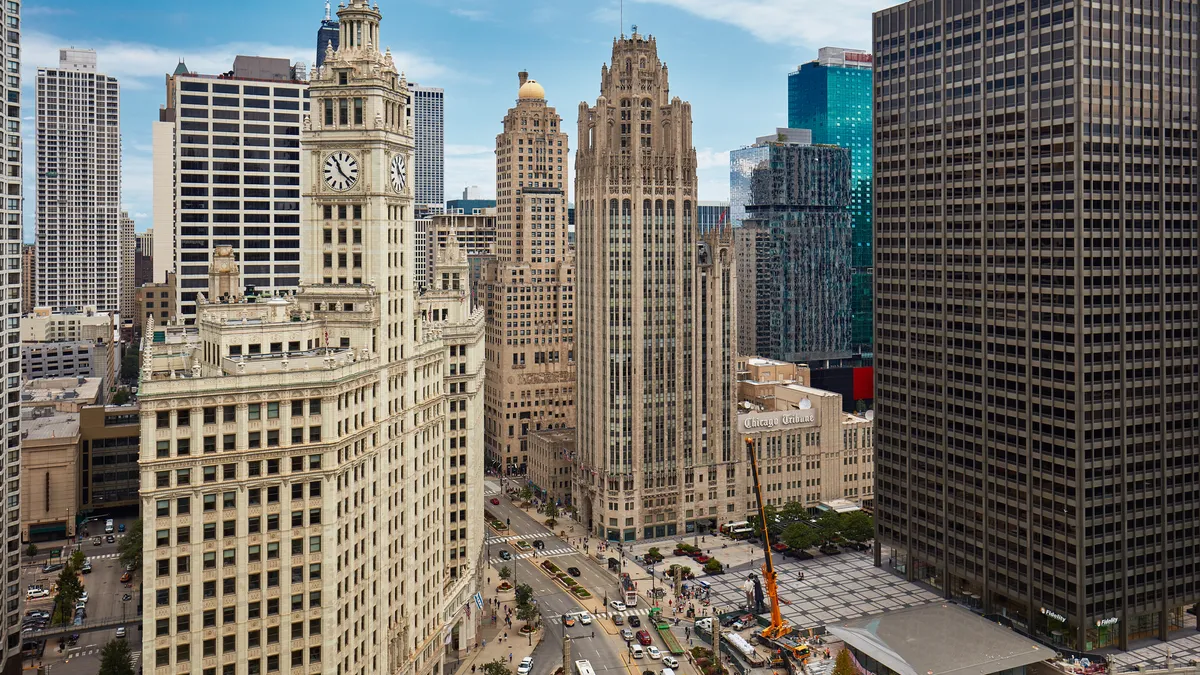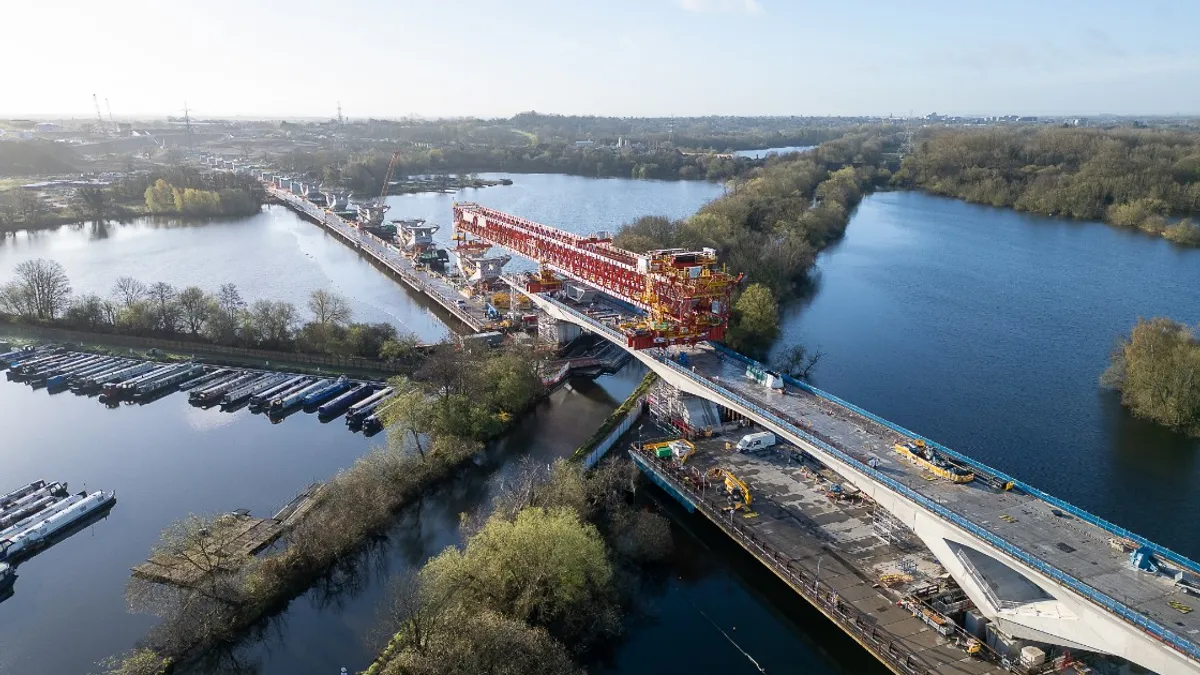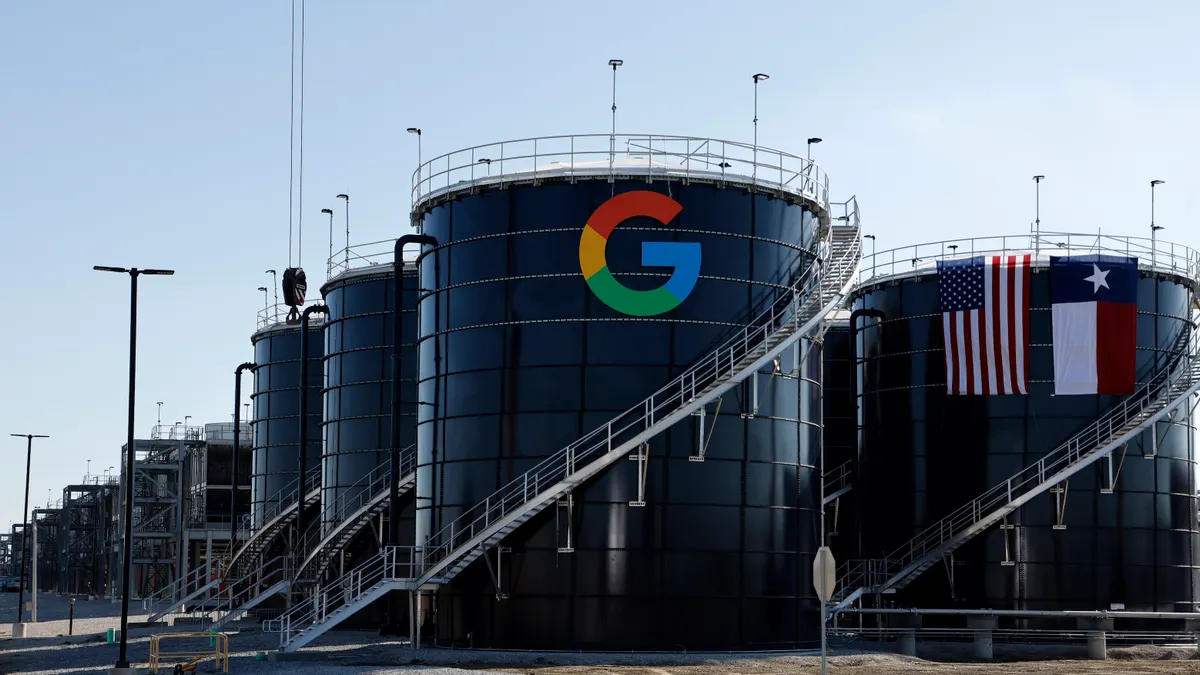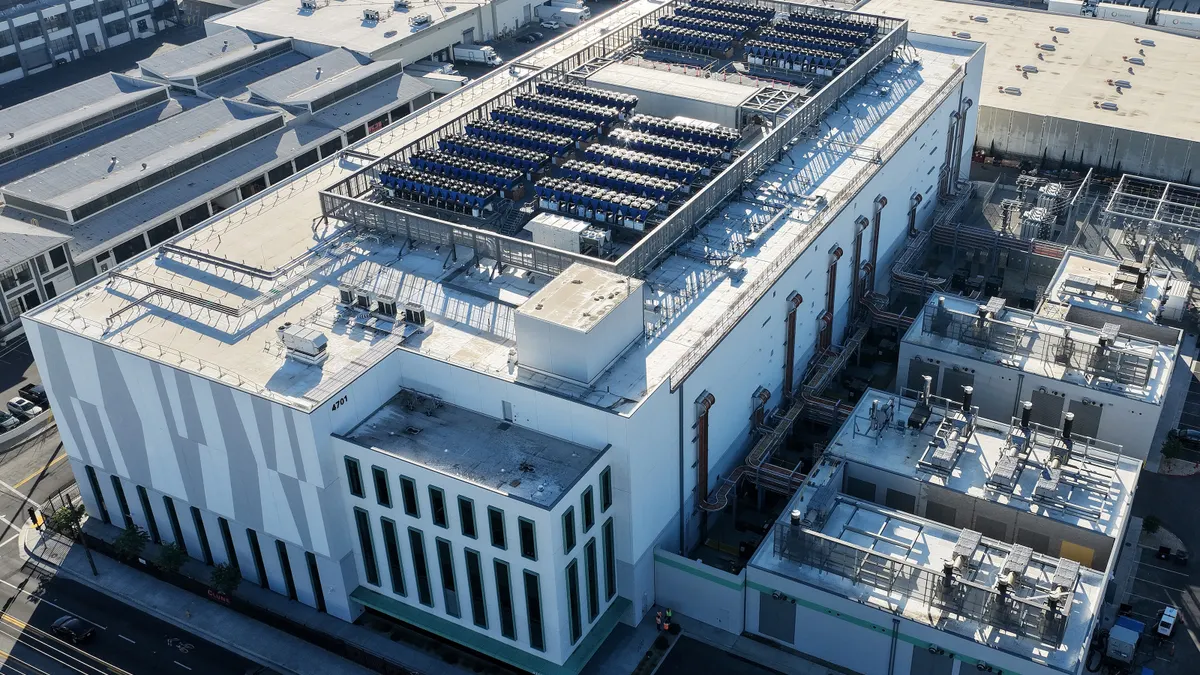In December 2014, President Barack Obama announced that his administration planned to pursue a new, open policy with the island nation of Cuba, the first such gesture since diplomatic and trade relations between the two countries were terminated in 1961, two years after the Cuban Revolution of 1959.
In July 2015, both Cuba and the U.S. re-opened embassies in Havana and Washington, DC, marking the establishment of official relations. Since that time, the Obama administration has eased travel restrictions to Cuba, and American telecom companies Verizon and Sprint have begun operations there, as have Airbnb and Netflix.
If both countries were to open up trade relations, how would the move impact U.S. construction companies? Is there a significant opportunity for the U.S. building industry to fill a void in the island nation?
Next steps in opening trade relations
In order for U.S. construction companies to be able to explore potential opportunities in Cuba, step one is the lifting of the U.S. trade embargo. There are bills in Congress, for example, to do away with the travel ban completely, but the current leadership does not support a total lifting of the ban, according to John Caulfield, former chief of mission, U.S. interests section, in Cuba until his retirement in 2014. "I don't think that Congress will really take action on this until after our elections," he said.
But it's not only up to the U.S. to make business possible between the two countries — construction or otherwise. If all restrictions were lifted tomorrow, Caulfield said it would be up to Cuba to enact its own regulations to make mutually beneficial business relationships possible. As it stands now, however, Cuba seems to have a policy of "everything but" 100% private enterprise. Cuban citizens can apply for one of the 201 types of authorized self-employment license categories, but, according to Caulfield, these licenses are primarily for individuals only, although some licensees are allowed to hire a handful of employees.
"The real issue for me is not change in America," he said. "The issue is, what changes will Cuba make in its framework to allow for private investment? Will they allow private companies to direct hire?"
Does Cuba need additional private investment from outside sources?
As far as significant foreign private investment, this activity currently has to be in partnership with the Cuban government. For example, Cuban hotels are state-owned, but the country inked a deal earlier this year with American company Starwood to manage three of them. Starwood is planning to operate one of the hotels under its Luxury Collection brand, which means it must be renovated to bring it up to standard.
While the state manufactures some materials in Cuba, Caulfield said there is a huge shortage, and most materials will have to be imported. Under current regulations, U.S. material suppliers can export building materials to Cuba only under the Support for the Cuban People (SCP) exemptions "to improve living conditions and support independent economic activity" in Cuba's extremely limited private sector.
"Eventually it will happen," said Carlos Gutierrez, attorney at Clark Hill in Washington, DC. "It's really a matter of when." However, Gutierrez said it is more likely to be a piecemeal process than one single act that lifts the trade embargo. He also agreed with Caulfield that the Cuban government has to pass corresponding regulation in order for U.S. companies to take advantage of the potential opportunities there, but he's optimistic that such reforms are on the way.
"Cuba needs what the U.S. economy has to offer," he said. In the way of progress, Gutierrez said Cuba has instituted some reforms and now allows restaurants and small bed and breakfasts to be privately owned.
So what will it take to lift the trade embargo? Gutierrez said a little push from U.S. businesses might go a long way with Congress. "Members of Congress listen to their constituents, and if there are constituents who recognize business opportunities and the current regulations keep them from pursuing those, members of Congress will listen," he said.
Factors needed for significant change
However, Pedro Munilla, board member at family business Munilla Construction Management, based in Miami, isn't buying Cuba's displays of reform. After the revolution, Munilla and his family were forced to flee Cuba, where he said his family owned three large concrete plants and ran a construction management firm.
Munilla said there has been some opening up of the private sector, but that the truly profitable businesses are either owned by government officials or by the state "through a hodgepodge of different entities." He said the Cuban government has made previous shows of allowing free enterprise and free speech, but when the people were too critical of the government, it took those rights away.
When contemplating future construction opportunities in Cuba, Munilla said that he expects massive investment in the country — construction or otherwise — when Cuba adopts proper laws to safeguard private foreign investment and allows companies to freely negotiate employment directly with the Cuban people.
As long as Fidel Castro's "comandantes," now largely in their 80s and 90s, are running the country, the construction industry can expect changes in fits and starts, according to Caulfield. However, he added, the next generation of Cuban leadership seems to be more amenable to change and progress. "I'm not saying that these people will forget the past, but they look at the world differently than people in their mid-80s," he said.
Are Cuba and the U.S. an ideal match?
Munilla said that he believes the recent thawing of relations between the two countries, at least on Cuba's side, is more about money for the government after the economies of trade partners like Venezuela and Ecuador have gone south. However, he added that with the proper regulations in place, Cuba, which is "rich in resources and people," would be an ideal place for construction companies to work and invest.
In the meantime, companies like Caterpillar are already jockeying for prime position, making preemptory trips to Cuba and, according to Caulfield, trying to create some name recognition while waiting for relations to open up. He said he understands the excitement around Cuba, as he "can't think of a culture with which (the U.S.) is more compatible with other than Canada."
In terms of business, Gutierrez said a U.S. relationship with Cuba "makes a lot of sense" given the relatively short geographical distance and the history that the two countries share.
When Cuba does open up to the U.S., Gutierrez said American construction companies should be able to take advantage of opportunities in infrastructure, transportation, building renovations and hotel construction, because Havana has a shortage of hotel rooms. Gutierrez added that the "opening" of Cuba really only applies to the U.S., as other countries like China, in partnership with the Cuban government, already build there.
For now, however, MCM has the closest thing to an America construction operation in Cuba, as it has been awarded a $66 million contract to build a school at the U.S. Naval Base at Guantanamo Bay. "Our dream has always been to work in a free Cuba," he said. "Our dream is partly complete by working in the only free part of Cuba."



















